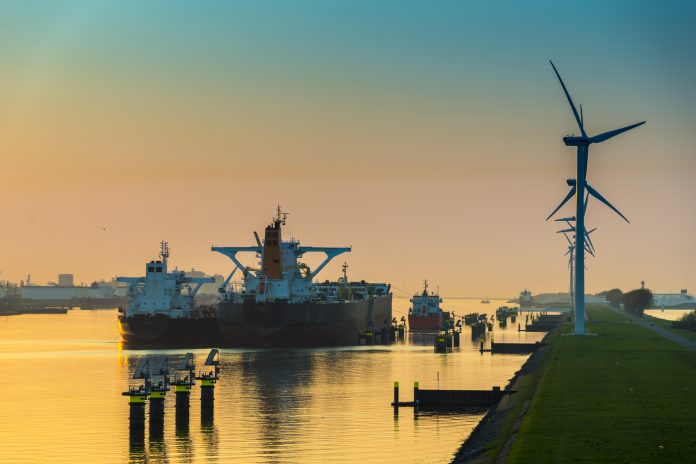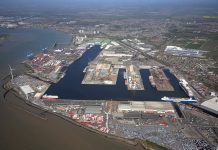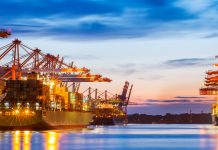The Maritime and Coastguard Agency (MCA) has set decarbonisation as an important part of the UK’s drive towards a cleaner, greener maritime future – but what does this mean?
With the launch of the Department for Transport’s Maritime Decarbonisation Strategy, the UK government has set ambitious goals to transform the sector and reduce the environmental impact of maritime operations. These goals include reducing fuel lifecycle greenhouse gas emissions by 30% by 2030, 80% by 2040, and achieving net-zero emissions by 2050.
A clean maritime future
The MCA is committed to leading in this transition, supporting the development and implementation of sustainable technologies and practices across the industry.
As part of this, the MCA is actively involved in initiatives like the Clean Maritime Demonstration Competition, which provides funding for various innovative projects to reduce emissions and improve sustainability within the maritime sector.
A noteworthy part of the journey so far was the introduction of the world’s first dual-fuel ammonia-powered vessel to the UK. This breakthrough marks a significant step forward in exploring new fuel options that could help reduce the sector’s carbon footprint. The MCA’s support for these technologies is helping position the UK at the forefront of the global push for maritime decarbonisation.
Encouraging innovations in the maritime sector
The MCA’s efforts are also reflected in the Marine Guidance Notice (MGN) 664 creation. This document allows for flexibility in maritime regulations, enabling vessels using emission-reduction technologies, autonomous systems, and other advanced “smart” maritime technologies to be assessed through a more adaptable process.
By encouraging cutting-edge innovations, the MCA allows a smooth transition to a greener future for the maritime sector. The MCA is concerned with the technologies that will reduce emissions and the development of a new generation of seafarers equipped with the skills necessary to navigate and operate in an environmentally conscious industry. The agency’s efforts go beyond just adopting new technologies, working to ensure that the workforce is ready to meet the demands of a sustainable maritime future.
UK’s decarbonisation strategy
In addition to focusing on new technologies and training, the MCA advises on a range of other key issues, including the placement of wind farms, the establishment of green shipping corridors, and the development of future fuel strategies. These efforts are key to ensuring that the maritime sector evolves in a way that supports the broader goals of the UK’s decarbonisation strategy.
The MCA’s support for the Maritime Decarbonisation Strategy shows its commitment to working alongside the Department for Transport (DfT), the wider maritime industry, ship owners, operators, energy companies, investors, and research institutions to make the goals of the strategy a reality. Achieving net-zero emissions by 2050 will require a collaborative effort across all maritime industry sectors, and the MCA is determined to ensure that the UK plays a key role in this global transition.
The work of the MCA shows that although some progress has already been made, there is still a long way to go. With continued support for innovation, collaboration, and the development of green technologies, the UK maritime industry is well on its way to becoming a leader in sustainability.











